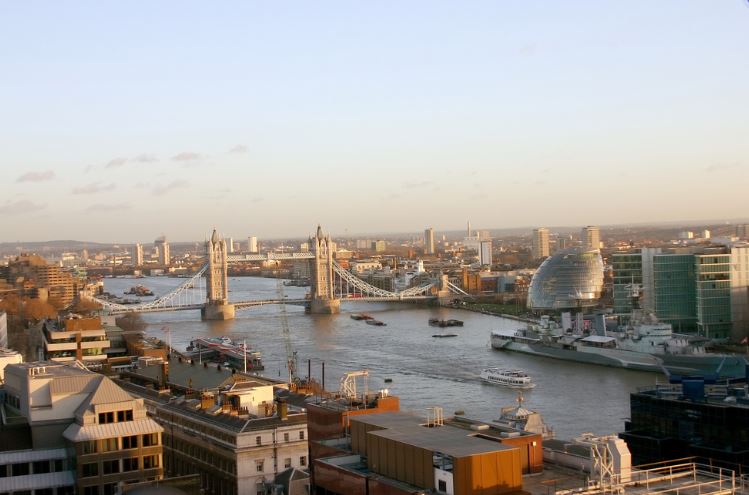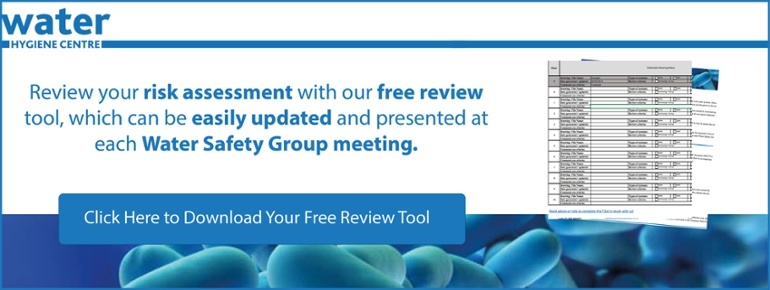This blog looks at the considerations any local authority should make in determining how to appoint a contractor/contractors to support them to ensure that water systems are free from microbiological contamination for those who use them.
The appointment process will involve the procurement teams to help ensure that the appointed contractors have the necessary insurance and have good financial standing. The technical considerations may require support from the maintenance/estates/compliance teams employed within a local authority. If you are one of these people, how involved are you in the process and are you happy with the outcomes?
Are You Compliant? Understanding ACoP L8 and HSG 274 Guidance
From our experience, the single biggest failure that leads to lower levels of compliance with, for example, ACoP L8 Legionnaires' disease. The control of legionella bacteria in water systems and HSG 274, is a lack of a defined scope of works for the contractor/contractors. One way to prevent this within your local authority is to develop a robust scope of work so that the contractor(s) understand what you need support with and how to achieve this.
Legionella Risk Assessment - What to expect
For instance, it is common for Legionella risk assessments to be outsourced to specialist contractors rather than completed by staff directly employed by the local authority. In this example, when developing the Invitation to Tender [ITT] or one-stage tender document, start with the end in mind i.e., what do you expect them to deliver to you after the works?
- In what format do you expect the reports; do you use any specific software packages which their reports feed?
- Do you want full engineering drawings or is a simple visual schematic representation of the water system design enough?
- Is this an assessment of the risk of the proliferation of legionella bacteria only? Do you want them to consider the risk of other bacteria growing such as coli, coliforms, or Pseudomonas aeruginosa?
- Do you want them to assess all assets and water systems on-site and produce an asset register at the end?
- Do you expect them to carry out a scald risk assessment as part of their work?
- How does your organisation classify risk? Low / Medium / High / Imminent? A 5x5 risk matrix where you get an average score?
- What evidence will you accept to prove the Legionella Risk Assessor is competent to be carrying out the works?
- Do you want them to collect water samples? If so where from, for what reason, and what bacteria should the lab be looking for (and hopefully not find!)?
- How quickly do you want them to complete the work and what is your expectation on the turnaround from when the Legionella Risk Assessor is on-site to when you receive the final report(s)?
- Do you have any Key Performance Indicators (KPIs) that you are going to use to judge their performance and do they understand what these are and why these have been selected?
 As you can see from this list, as a start and by no means exhaustive, not all Legionella Risk Assessments are the same. There is no one set of specification documents that you can produce and then copy and paste for every future project. This holds for every other type of work you may employ contractors to complete. Insufficient detail in your specification means a greater likelihood that you don’t get what you want to help prove you are compliant with legislation and guidance.
As you can see from this list, as a start and by no means exhaustive, not all Legionella Risk Assessments are the same. There is no one set of specification documents that you can produce and then copy and paste for every future project. This holds for every other type of work you may employ contractors to complete. Insufficient detail in your specification means a greater likelihood that you don’t get what you want to help prove you are compliant with legislation and guidance.
Our advice to ensure a successful project would always be to take the time at the start and make sure your contractor management process is robust enough not to leave you exposed to unnecessary risks.
Water Safety Audit
The Water Hygiene Centre audit processes, procedures, and water safety record-keeping systems all form an integral part of the annual water safety audits we complete on behalf of our clients. Once areas of non-compliance are identified, action plans need to be put in place to ensure we do things better in the future.
Feel free to reach out if you have any questions about this blog or if you would like to consult with one of our experts for further advice on water hygiene.
Editor’s Note: The information provided in this blog is correct at the date of original publication – June 2023 [Original date of publication December 2021]
© Water Hygiene Centre 2023









